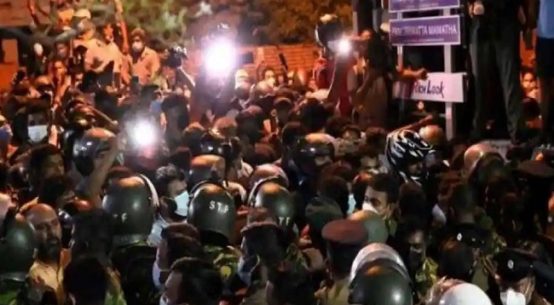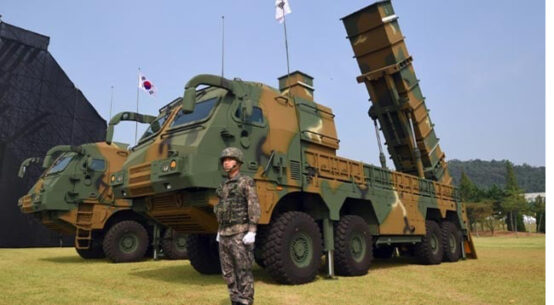
Jihadists have killed around 30 fishermen in northeast Nigeria in retaliation for military bombardments that left scores of their fighters dead, anti-jihadist militia and fishermen told AFP.
The attacks were the latest on fishermen or farmers in remote parts of northeast Borno state, where Islamist militants are fighting a long-running conflict that has ebbed sharply in recent years.
Fighters allied with the Islamic State West Africa Province (ISWAP) stormed island areas on the Nigerian side of Lake Chad on Sunday and Monday, gathering up and shooting fishermen at close range, the sources said on Tuesday.
The killings appeared to be a revenge attack for air strikes on ISWAP camps by Nigeria’s military days earlier in which scores of jihadists and their families were killed, the sources said.
“ISWAP fighters came in speedboats to three islands and asked fishermen to assemble before opening fire on them,” militia leader Ibrahim Liman said.
“They killed many people and went after those who tried to flee, gunning them down.”
The militiaman, part of a local paramilitary unit that works with Nigeria’s armed forces against jihadists, said the search for bodies was still ongoing but the dead “exceed 30, no doubt”.
Fisherman Isa Danmakama who escaped the massacre told AFP by telephone he counted 28 bodies when he returned to search for his younger brother who was killed.
“I escaped by running and diving in the water amid the shooting,” Danmakama said.
“I returned later on Monday after the militants were gone to look for the body of my younger brother and I counted 28 bodies scattered,” he said.
Another fisherman Sallau Arzika who gave a similar account of the incident said the human loss was “huge”, without giving a definite toll.
Nigeria’s military did not immediately give a statement about the incident.
Umar Ari, another militiaman, said the militants were angry over aerial
bombings on camps in Kirta Wulgo, Jibillaram, Sabon Tumbu “which caused heavy casualties among the terrorists.”
The jihadists accused the fishermen on three islands of providing the location of their camps to the military, Ari said.
“The fishermen fled the islands during the military operations and returned after the aerial attacks ended. That was why ISWAP believed they knew about the planned military attacks and labelled them traitors,” he said.
Since ISWAP split from Boko Haram in 2016, it has seized most of the territory previously controlled by the jihadist movement, including in Lake Chad where it has established a strong presence.
The group allowed fishermen and herders to fish and graze in its territory after paying a form of tax, providing it with a lucrative source of income.
ISWAP and rival Boko Haram have both increasingly targeted loggers, herders, farmers, fishermen and metal scrap collectors, accusing them of passing information to the military and the local militia fighting them.
Nigeria’s jihadist violence has killed over 40,000 people and displaced around two million from their homes in the northeast since 2009, according to the United Nations.


